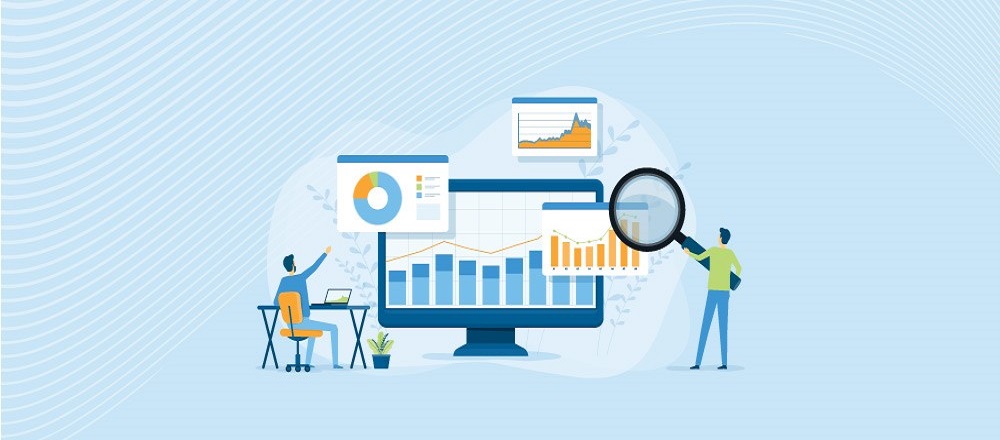Affective forecasting is the process of forecasting your future emotional state or how you will feel. The term comes from predicting one’s “affect,” which refers to the experience of feelings and mood. Affective forecasting considers our reactions to specific events as well as how we would feel if we finally got what we want. This is not the same as predicting the weather or whether you will win the next lottery. Instead, affective forecasting focuses on the emotions associated with such events. For example, you may believe that winning the lottery will have an effect on your happiness. Because we are constantly forming expectations about our emotional states, the process of affective forecasting is relevant to guiding decision-making, behaviour, and preferences.
What are the main parts?
Affective forecasting is a broad concept. There are four separate components:
- Valence – Will the emotion be positive or negative in nature?
- Specific emotion(s) felt—Are you happy, sad, anxious, or something else?
- Emotional Intensity—How intensely do you feel the particular emotion(s)?
- Emotional duration—How long do emotions last?
Researchers conducted studies to investigate these components, beginning with how participants forecasted their specific emotions based on winning or losing a simulated dating game
Errors in Affective Forecasting
People make mistakes when predicting their future emotions about an event. Although they anticipate their general emotions about something happening in the future (e.g., happy, sad, anxious, etc.), the following affective forecasting errors may skew their predictions.
1. Mental Contamination or Projection Bias
The most common affective forecasting error is projection bias. It occurs when current emotions influence future emotion prediction. Spilling coffee on your favourite blouse, for example, causes a bad mood, and if you later forecast how you will feel about an upcoming work function, your negative emotional state can influence your prediction.
2. Wrong Consensus
False consensus, another type of cognitive bias, is an overestimation of the extent to which personal opinions, preferences, values, and habits are normal. Someone who exhibits false consensus believes that everyone feels the same way they do. False consensus involves the availability heuristic, which states that when attempting to determine how common something is, we focus on examples that come to mind quickly.
3. Effects of Expectation
In affective forecasting, expectation effects are significant. This forecasting error occurs when one expects one outcome but receives another. Expectation effects influence both perception and behaviour. A variety of expectation effects explain how expectations can interfere with forecasting in situations involving work productivity, education, medical treatment, and other factors.
4. Focalism
The cognitive skill of attention is included in vocalism. This describes people’s proclivity to focus on specific details of an event or emotion while ignoring others. Focalise is an illusion that leads to biased judgements by exaggerating the factors receiving the most focused attention.
Discounts for a Limited Time
Temporal discounting is also known as time discounting or time preferences. The forecasting error is people’s ability to weigh future events against their current desires. A large proportion of the population prefers immediate gratification to delayed gratification.
Forecasting Effectiveness and Personality
Researchers have put in a lot of work to figure out how personality relates to affective forecasting. The accuracy of future predictions is affected by various personality types. Personality should be considered when forecasting to accurately predict future emotions. Characteristics
Negativity Vs Happiness
Affective forecasting, which is related to personality, has long-term implications for happiness. We cope with negative emotions by using affective forecasting, which helps us maintain realistic expectations of life events.
Affective Forecasting in Real Life
Affective forecasting is not a new psychological concept that is rarely used. It is applicable in many aspects of daily life. In fact, it is so common that we aren’t even aware we are forecasting the future.
· Social Interactions
When we interact in our social groups, we use affective forecasting. Forecasting begins with our first impressions of others, particularly those we do not already know.
· Setting Objectives
We can predict how we will feel about a potential future accomplishment using this skill. For example, a higher-paying job may not provide the same level of satisfaction as a job we enjoy but earn less money. To speak with the top mental health professionals online, Mental health online counselling or online counsellor TalktoAngel.





